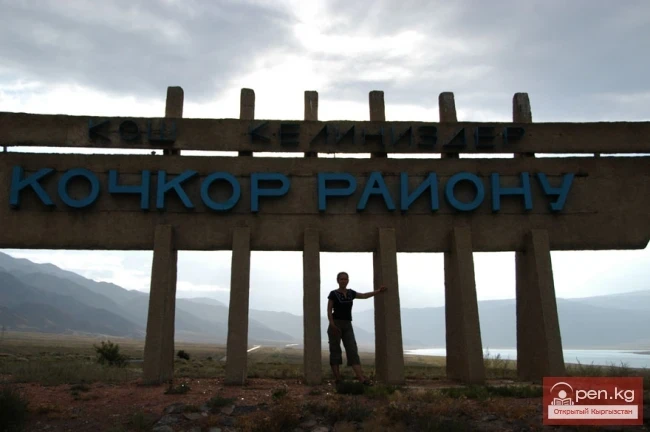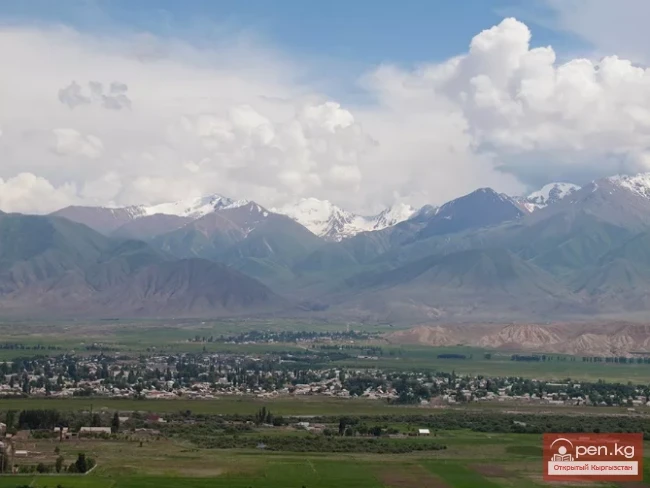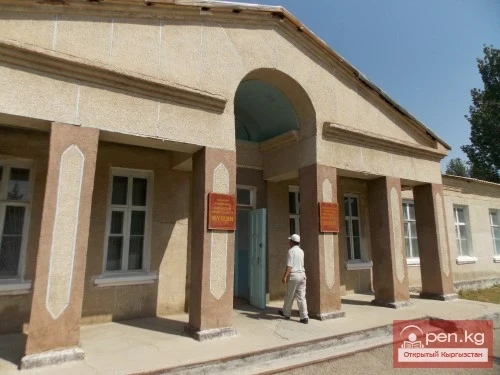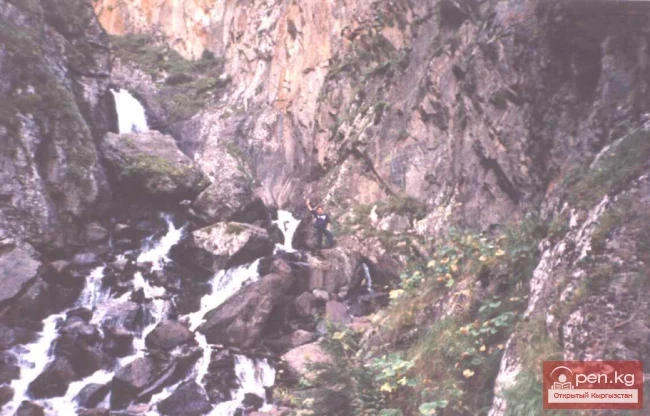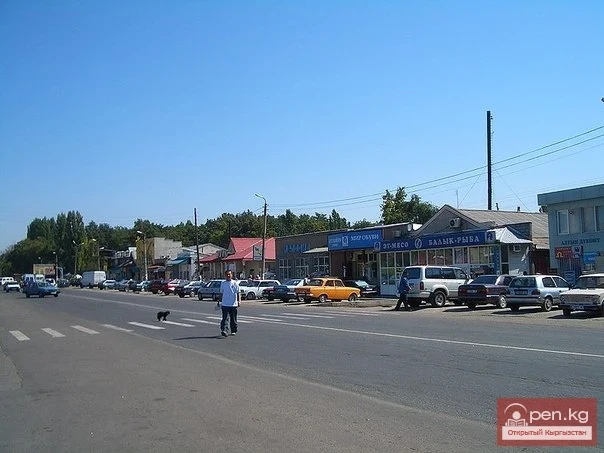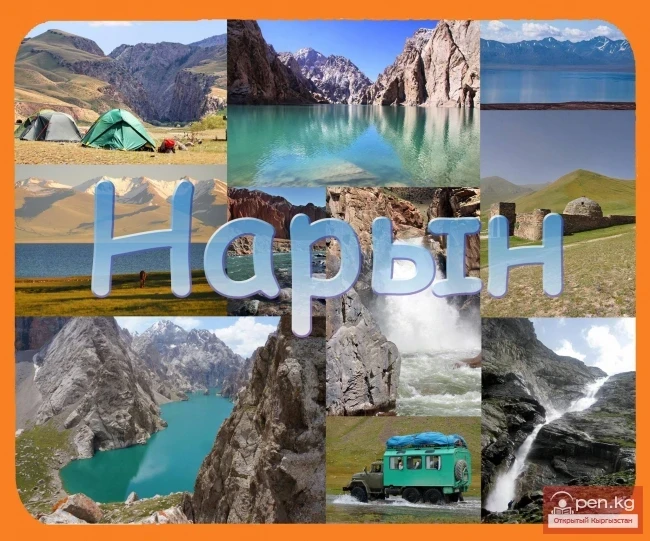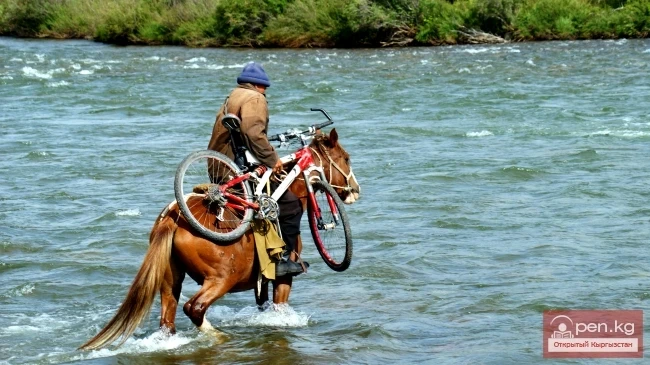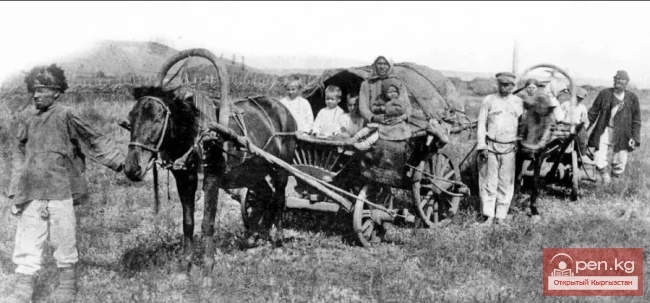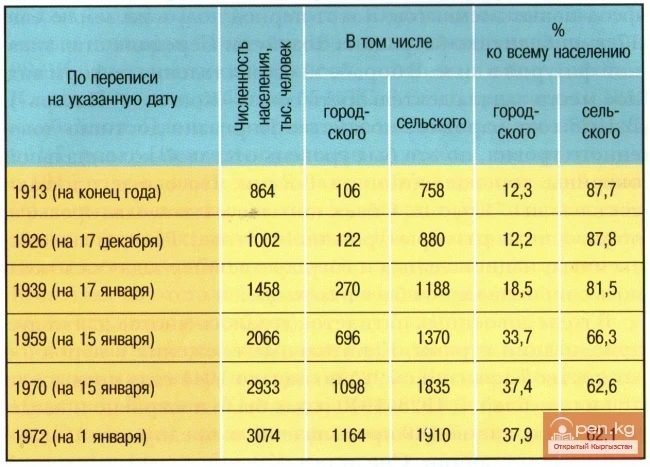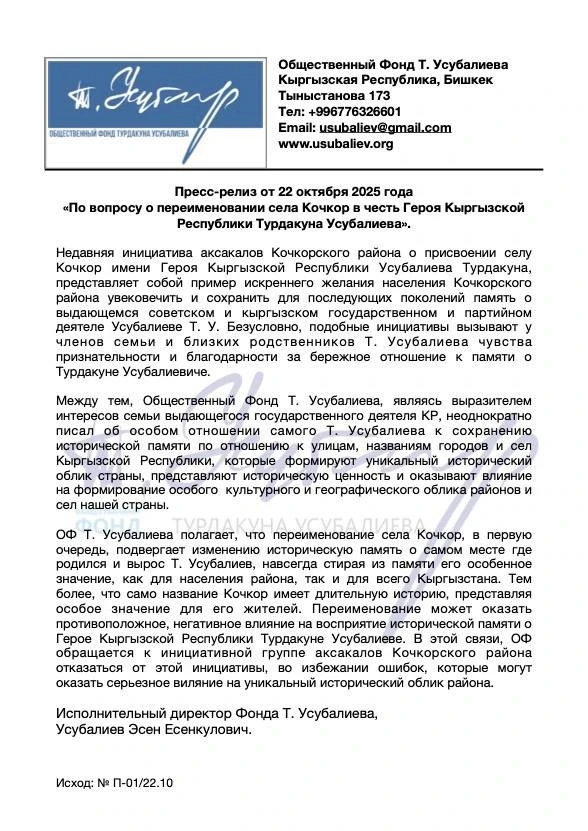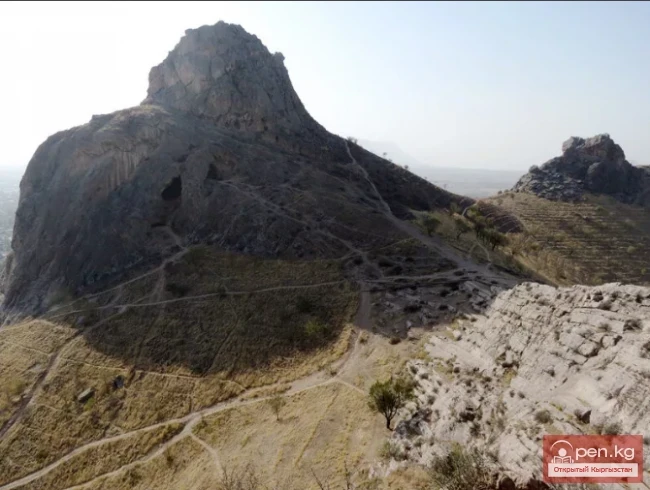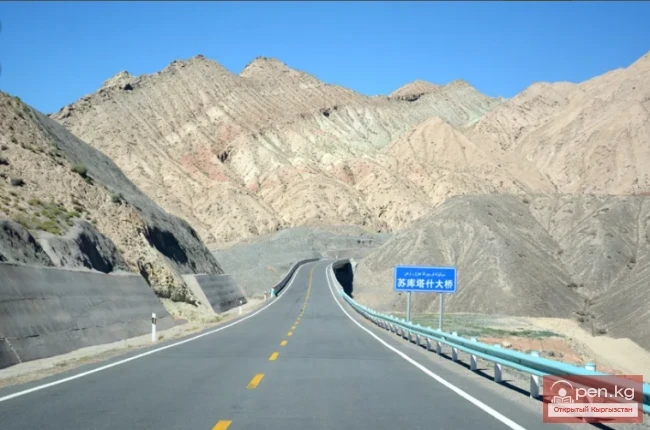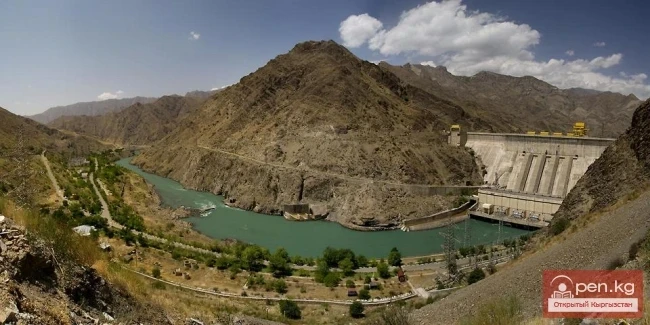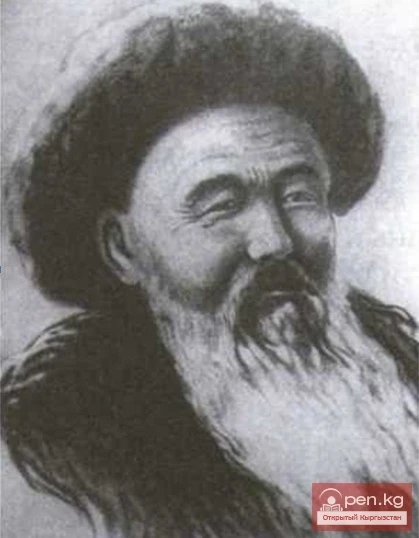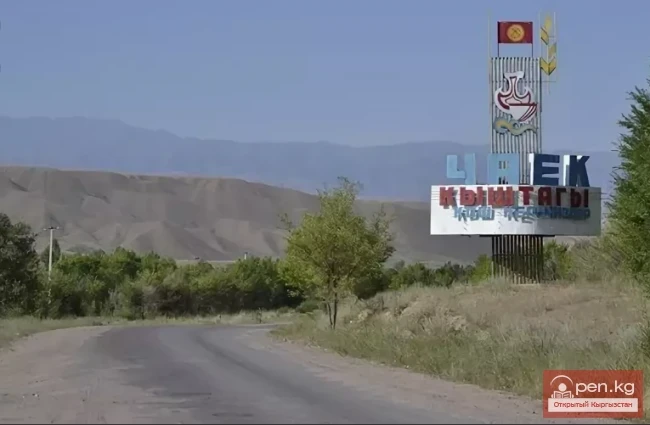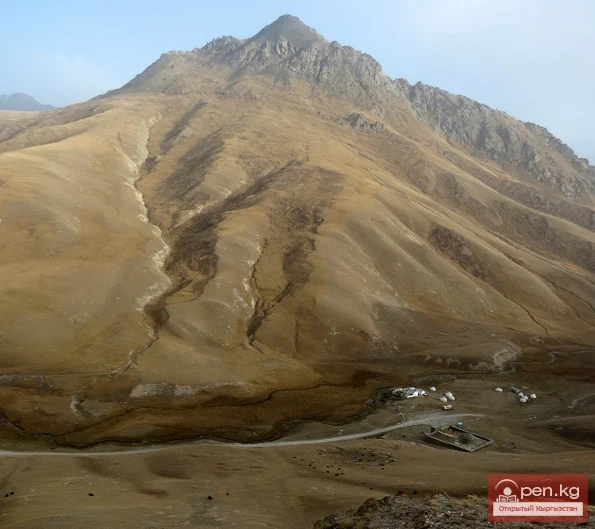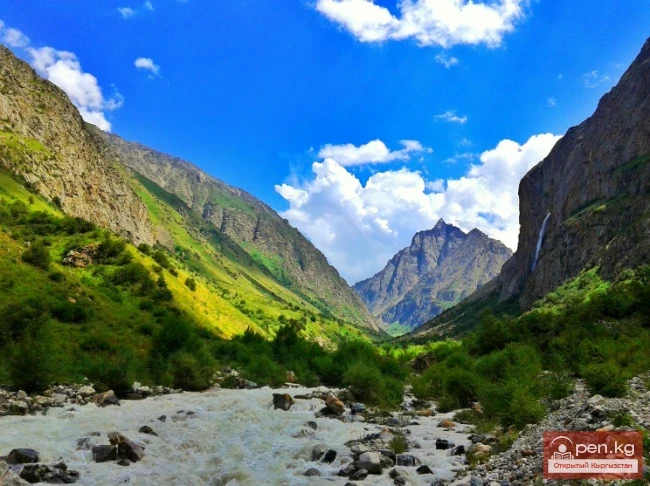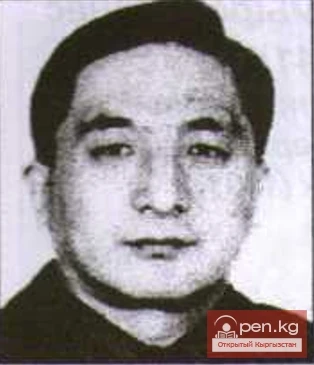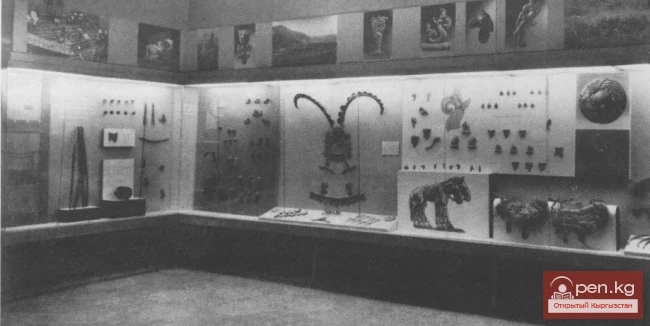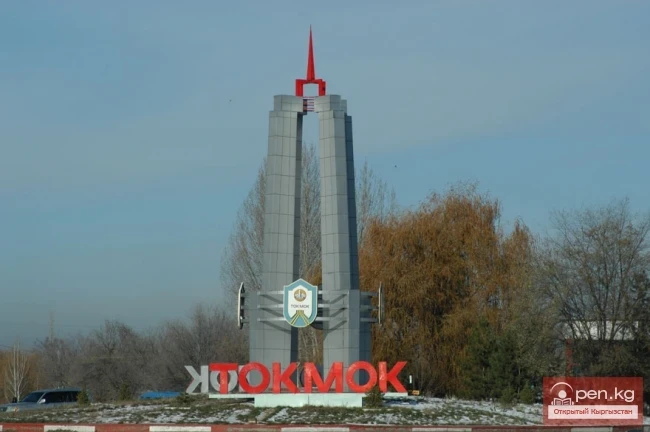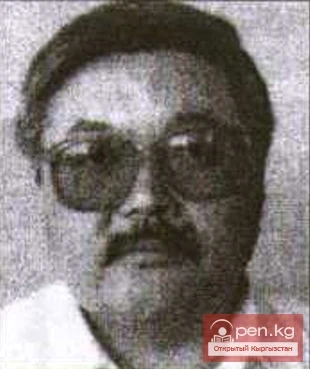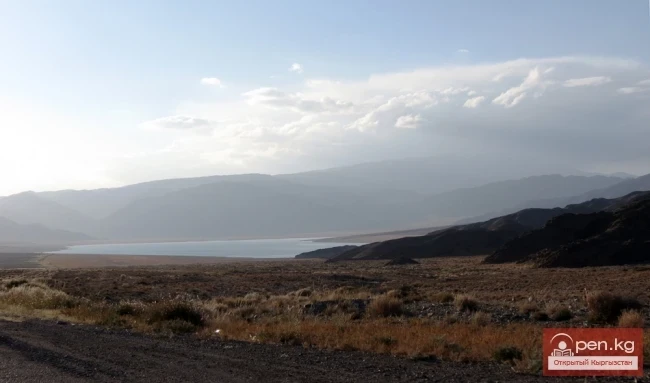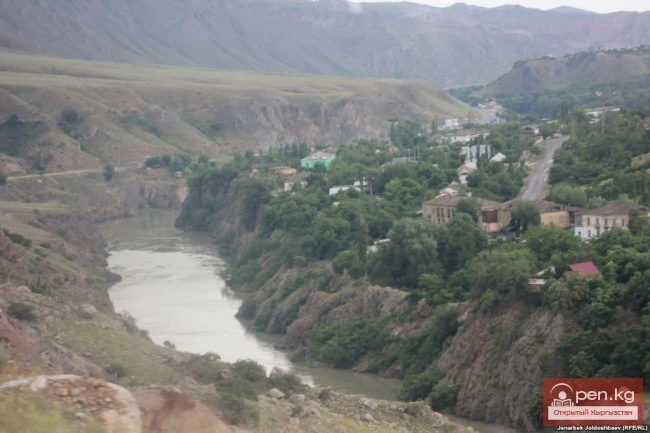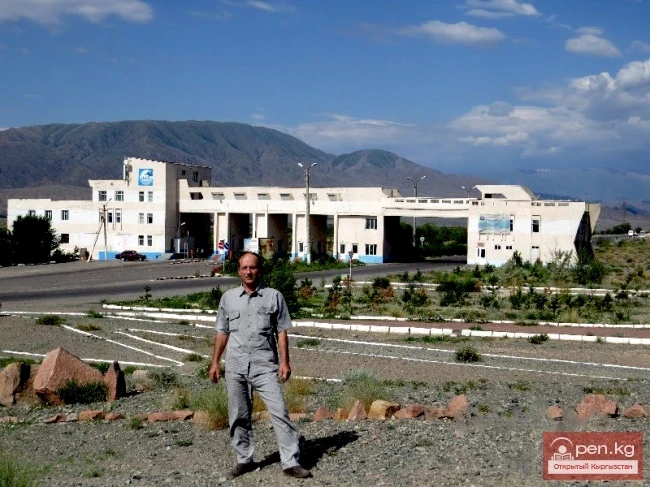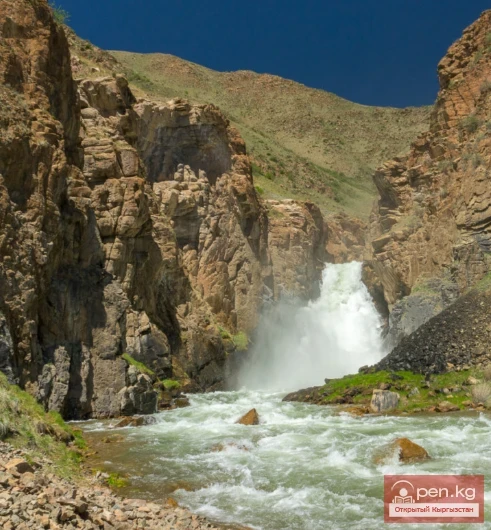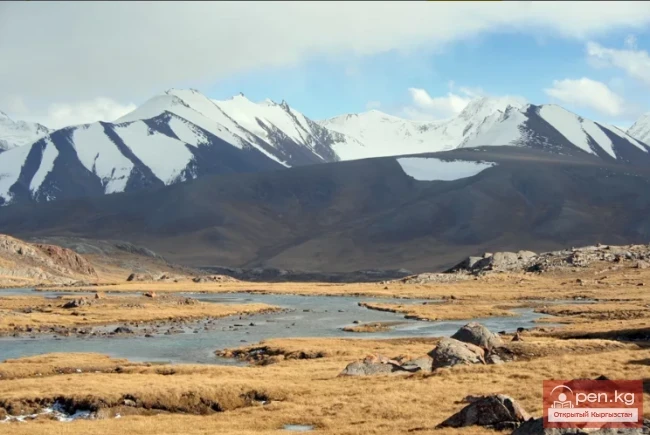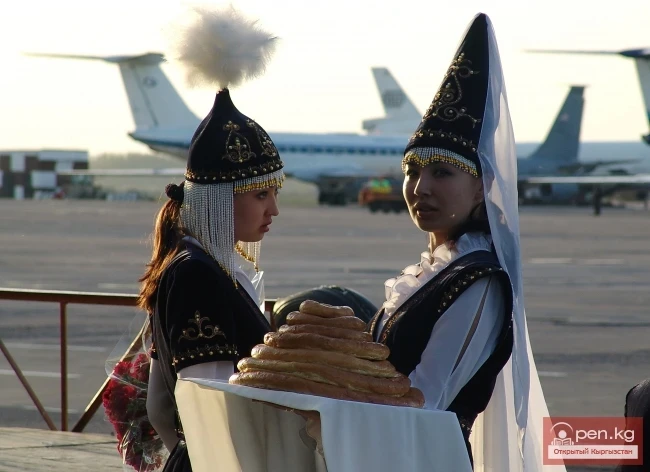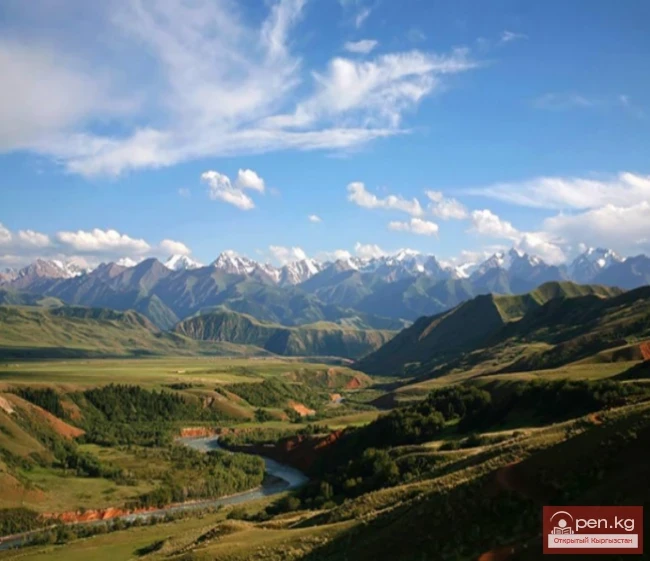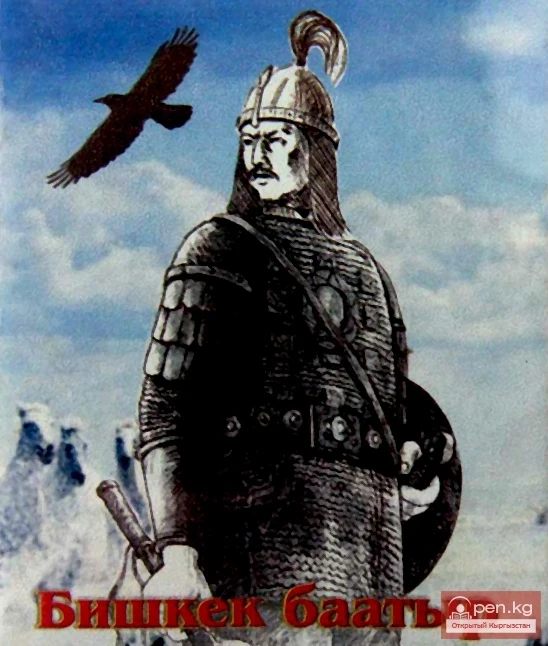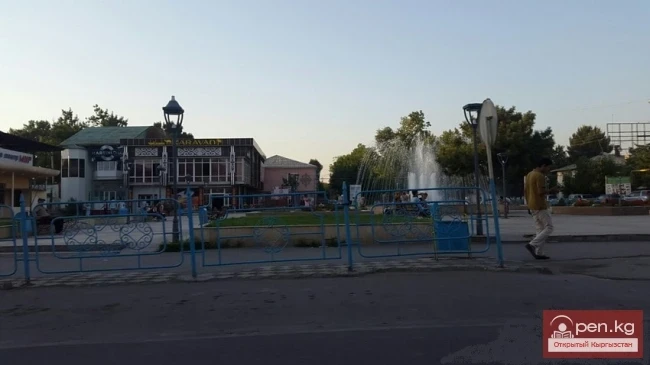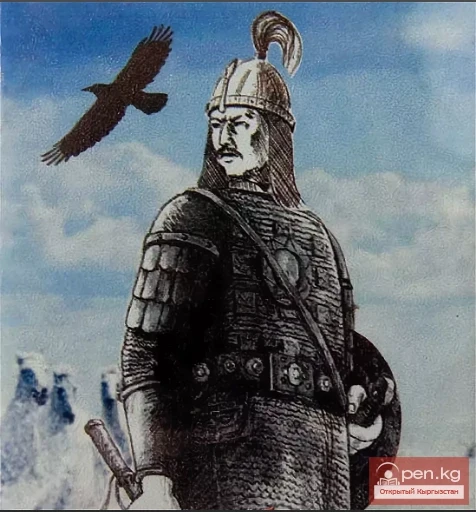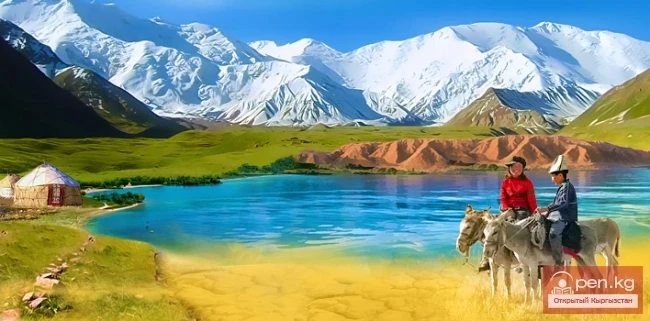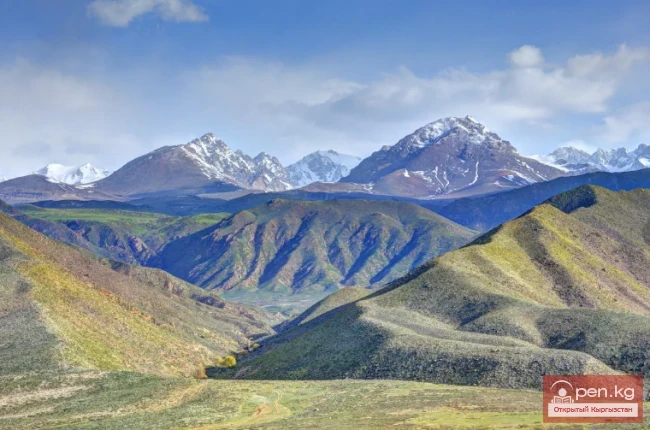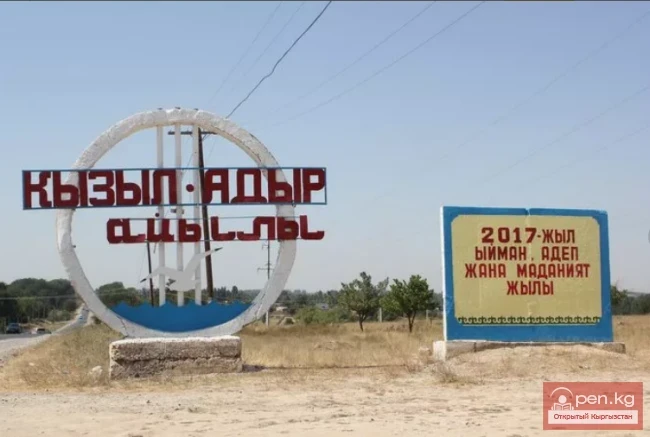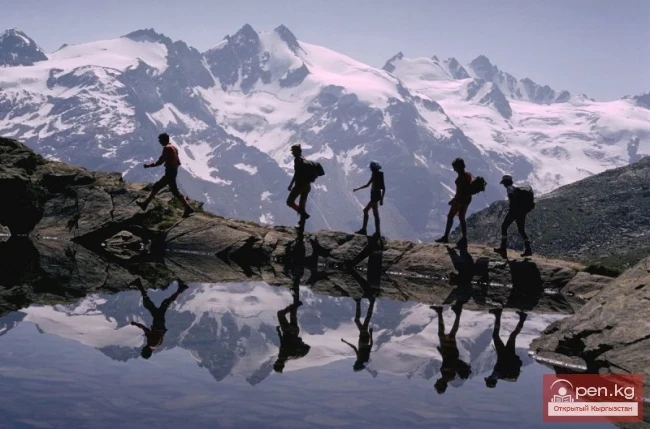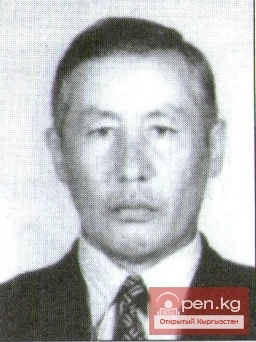The city of Kochkor is located on the main road leading from Balakchi to Naryn and has become a natural stopping point for nomads and travelers.
Most people also used Kochkor (the Russian name Kochkorka) as a transit base to China via the Torugart Pass.
A mosque and a hotel (teahouse) were built here. This place has always attracted the attention of people from various nationalities. Besides Kyrgyz, Uzbeks, Uyghurs, Dungans, and later Russian and German settlers settled on this plain.
(After gaining independence, many people of other nationalities actually left.)
It is believed that the first settlement in the valley arose in this place. There are some ancient mounds between the villages of Kara-Suu and Bolshevik.
In 1909, it was renamed Stolyppin in honor of the Russian Prime Minister who was the main initiator of Russian colonization in Central Asia. After the revolution in 1917, the city was returned to its former name – Kochkorka.
The Kochkor district has a mild climate, and the lands between the mountain ranges are ideal for agriculture. During the Soviet era, there were several large collective farms here. The potatoes grown here are still highly valued.
In Kochkor, there are enterprises for traditional Kyrgyz crafts, where you can watch the production of various souvenirs and even purchase them at lower prices than in Bishkek.

From Kochkor, you can reach Lake Son-Kul, or go to Naryn to Sary-Bulak or via the Osh road to Kara-Keche to Chayek.
25 km from the city of Kochkor is the Chon-Tuz health complex. During the Soviet era, rock salt was mined from the salt mountain, which was intended for agricultural animals as additional feed. Moreover, during the Soviet period, many people came here for treatment of asthma and allergies. The treatment course includes staying in the salt mine for 10 hours a day for 16 days.
There are many legends associated with how the village of Kochkor got its name. Perhaps the most romantic one is about a poor, well-educated young traveler. While traveling, he stopped at the camp of the local Khan. The Khan had a daughter who was very beautiful – and many of the local horsemen had already tried to win her favor, but all of them ended unsuccessfully.
The young traveler saw her and fell in love. He asked the girl's father for permission to marry her. The Khan laughed at the young man and decided to teach him a lesson. He decided to set an impossible task. The Khan offered the young man to breed camels for 10 years (!) and if during that time the herd increased a hundredfold, he could marry the princess. The young man loved the girl very much and agreed to this condition. The first winter was unusually cold. A solar eclipse occurred, and a stormy wind blew. The wind was so strong that the young man could not even open his eyes. Devastated, straining his last strength, the young man shouted, "Kach kar, kach kar!" ("Go away snow, go away snow!").
Nature heard his cry and took pity on him. The wind began to calm down, and the snow stopped falling. From that day, legend has it, it rarely snows in Kochkor.
The young man's endeavor was successful: the herd of camels increased and reached a hundredfold size, and he married his princess. They had a son who became a great warrior.
